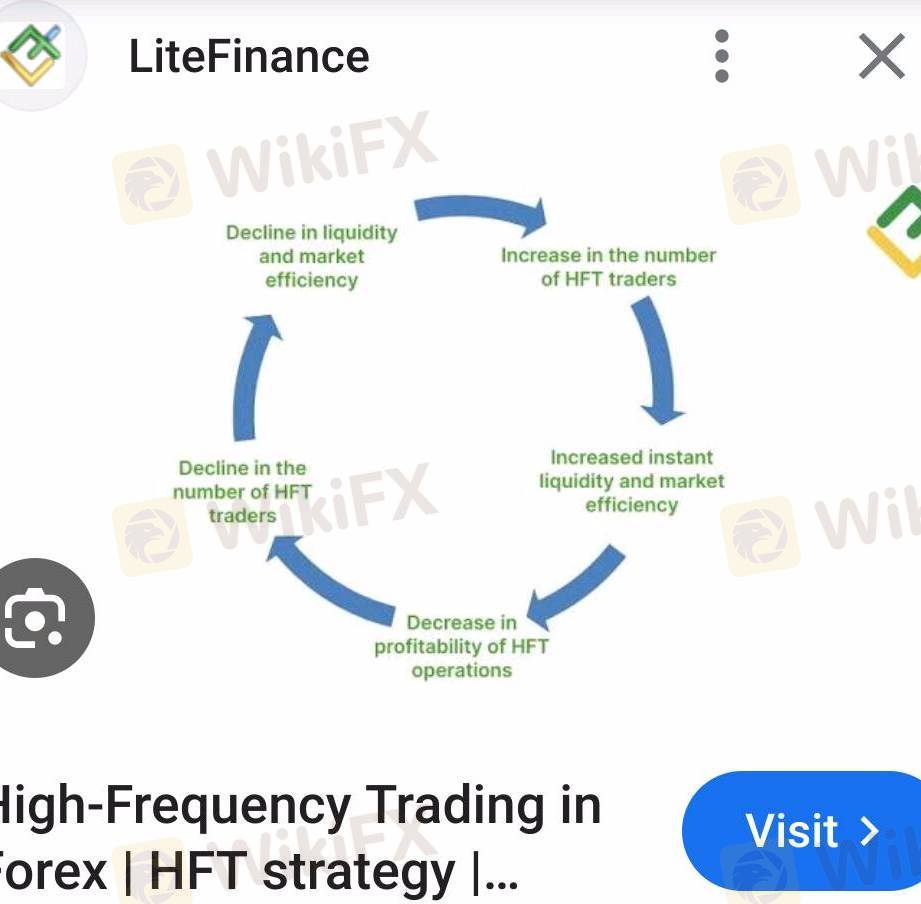
2025-02-06 07:27
Industriyafactors affecting forex trading frequency
#firstdealofthenewyearAKEEL
Forex trading frequency is influenced by several factors, including market conditions, trader psychology, and external economic forces. Here are some key factors:
1.Market Conditions
Volatility: Higher volatility increases trading opportunities, encouraging more frequent trades.
Liquidity: High liquidity in major currency pairs (e.g., EUR/USD) allows for frequent trades with minimal slippage.
Market Hours: Forex is a 24-hour market, but trading frequency is higher during peak sessions (London, New York, and Asian overlaps).
2.Trader-Related Factors
Trading Strategy:
Scalpers trade frequently, sometimes dozens of times per day.
Swing traders hold positions for days, trading less frequently.
Position traders trade even less frequently, holding positions for weeks or months.
Risk Tolerance: More risk-tolerant traders may engage in high-frequency trading.
Psychological Discipline: Emotional trading can lead to overtrading or hesitation.
3.External Economic & Political Factors
Economic Data Releases: Events like GDP reports, interest rate decisions, and job reports can cause spikes in trading frequency.
Geopolitical Events: Wars, elections, and trade policies can increase uncertainty, leading to more or fewer trades.
Central Bank Policies: Interest rate changes and monetary policy shifts can trigger more trading activity.
4.Technological & Infrastructural Factors
Algorithmic & High-Frequency Trading (HFT): Automated systems can significantly increase trading frequency.
Brokerage Execution Speed: Faster trade execution allows traders to engage in more trades.
Would you like insights on a specific type of trader or strategy?
#firstdealofthenewyearAKEEL
[2/5, 4:36 PM] Samjee: Factors affecting Forex Trading Frequency.
Katulad 0
Abou Ahmad
Trader
Mainit na nilalaman
Pagsusuri ng merkado
Dogecoin cheers coinbase listing as Bitcoin’s range play continues
Pagsusuri ng merkado
Grayscale commits to converting GBTC into Bitcoin ETF:
Pagsusuri ng merkado
Bitcoin's price is not the only number going up
Pagsusuri ng merkado
Theta Price Prediction:
Pagsusuri ng merkado
How to Research Stocks:
Pagsusuri ng merkado
Bitcoin (BTC), Ethereum (ETH) Forecast:
Kategorya ng forum

Plataporma

Eksibisyon

Ahente

pangangalap

EA

Industriya

Merkado

talatuntunan
factors affecting forex trading frequency
 Nigeria | 2025-02-06 07:27
Nigeria | 2025-02-06 07:27#firstdealofthenewyearAKEEL
Forex trading frequency is influenced by several factors, including market conditions, trader psychology, and external economic forces. Here are some key factors:
1.Market Conditions
Volatility: Higher volatility increases trading opportunities, encouraging more frequent trades.
Liquidity: High liquidity in major currency pairs (e.g., EUR/USD) allows for frequent trades with minimal slippage.
Market Hours: Forex is a 24-hour market, but trading frequency is higher during peak sessions (London, New York, and Asian overlaps).
2.Trader-Related Factors
Trading Strategy:
Scalpers trade frequently, sometimes dozens of times per day.
Swing traders hold positions for days, trading less frequently.
Position traders trade even less frequently, holding positions for weeks or months.
Risk Tolerance: More risk-tolerant traders may engage in high-frequency trading.
Psychological Discipline: Emotional trading can lead to overtrading or hesitation.
3.External Economic & Political Factors
Economic Data Releases: Events like GDP reports, interest rate decisions, and job reports can cause spikes in trading frequency.
Geopolitical Events: Wars, elections, and trade policies can increase uncertainty, leading to more or fewer trades.
Central Bank Policies: Interest rate changes and monetary policy shifts can trigger more trading activity.
4.Technological & Infrastructural Factors
Algorithmic & High-Frequency Trading (HFT): Automated systems can significantly increase trading frequency.
Brokerage Execution Speed: Faster trade execution allows traders to engage in more trades.
Would you like insights on a specific type of trader or strategy?
#firstdealofthenewyearAKEEL
[2/5, 4:36 PM] Samjee: Factors affecting Forex Trading Frequency.
Katulad 0
Gusto kong magkomento din
Ipasa
0Mga komento

Wala pang komento. Gawin ang una.

Ipasa
Wala pang komento. Gawin ang una.